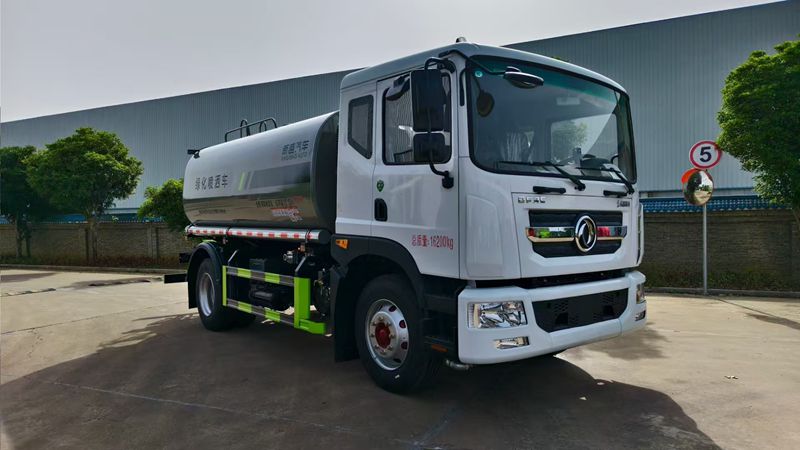Empowering Rural Communities Through Mobile Water Access
Beyond urban centers, sprinkler trucks are addressing water scarcity in rural areas, supporting agriculture and community health. In rural Ethiopia, where erratic rainfall threatens crop yields, nonprofit organizations have provided communities with modified sprinkler trucks that double as mobile water delivery systems. These trucks transport water from distant sources to both farmland and communal water points, supporting crop irrigation and ensuring families have access to clean water for domestic use. Participating villages have seen crop yields increase by an average of 35%, significantly improving food security.
In rural Mexico, sprinkler trucks are used to maintain community greenhouses that grow vegetables year-round. The trucks deliver water to these greenhouses during dry seasons, allowing families to grow nutritious food even in arid conditions. Local farmers report that the greenhouses now produce enough vegetables to supply village markets, creating new income opportunities.

Smart Scheduling Through Community Feedback Apps
Technological innovation is making sprinkler truck operations more responsive to community needs. In Munich, Germany, a city-developed app allows residents to report areas needing additional watering—whether dry park lawns, dusty playgrounds, or wilting street trees. The app uses GPS to map these requests, and sprinkler truck routes are adjusted weekly to prioritize high-demand areas. Since launching the app in 2023, resident satisfaction with green space maintenance has increased by 42%.
In Cape Town, South Africa, the app includes a feature that lets residents track sprinkler truck locations in real time, allowing them to plan outdoor activities around watering schedules. This transparency has reduced complaints about unexpected water spray and increased community trust in municipal services.
Adapting to Extreme Climate Conditions
Sprinkler trucks are being modified to operate effectively in extreme climates, from freezing winters to scorching deserts. In Moscow, Russia, winter-ready sprinkler trucks are equipped with heated water tanks and insulated hoses to prevent freezing, allowing them to continue watering public trees and green spaces during mild winter spells. This ensures vegetation remains healthy and reduces spring die-off rates by 25%.
In Dubai, United Arab Emirates, where summer temperatures exceed 45°C, sprinkler trucks use specially formulated water additives that slow evaporation. These additives allow water to penetrate soil deeper before drying, reducing the frequency of watering needed. The trucks also operate during early morning and late evening hours to maximize water absorption, ensuring urban green spaces thrive despite harsh conditions.

